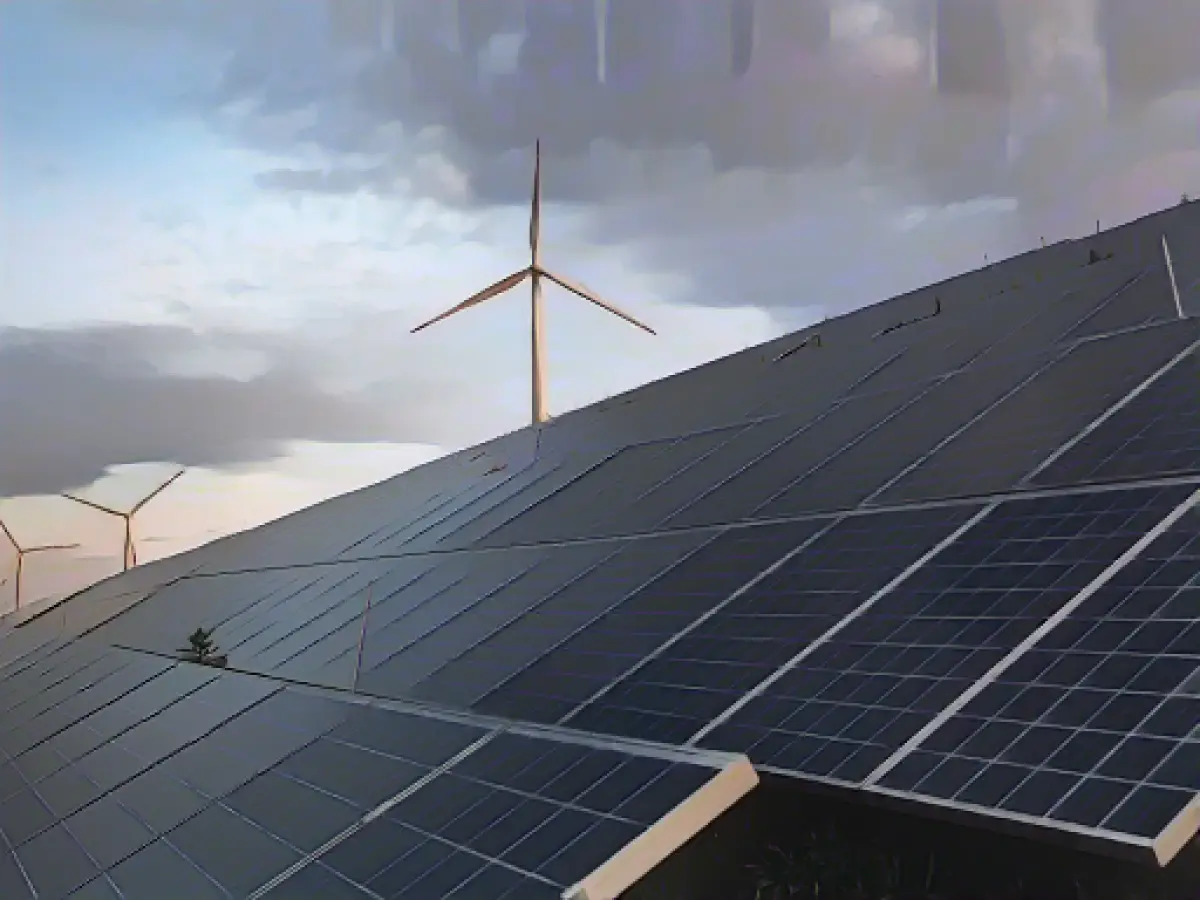State Secretary: Lack of money in the climate fund hits the East
According to Michael Kellner (Greens), Parliamentary State Secretary in the Federal Ministry of Economics, the budget ruling by the Federal Constitutional Court will hit East Germany particularly hard. If the missing 60 billion euros for the climate and transformation fund are not raised from other sources, the East German economy could suffer considerable damage, Kellner told the Redaktionsnetzwerk Deutschland (RND).
Kellner said that around 50 billion of the announced investment of 80 billion euros in German industry would go to eastern Germany. "We now face the huge challenge of securing these investments and the associated jobs and prosperity through state support." Kellner emphasized that without the climate and transformation fund, neither the establishment of the chip factories in Dresden and Magdeburg nor the reconstruction of the solar industry in eastern Germany would be secured.
FDP finance and budget expert Frank Schäffler is calling for the subsidies for the chip factories in Magdeburg and Dresden to be waived. "It has always been wrong to invest billions in subsidies for the establishment of chip factories," Schäffler told RND. Schäffler did not accept the argument of subsidies in disadvantaged regions, according to RND: The planned locations of the chip factories, Magdeburg and Dresden, are not structurally weak areas. "On the contrary: there is a shortage of labor there," said the FDP politician. "And the construction of the chip factories would mean that medium-sized local companies would lose out."
DIW expert Claudia Kemfert believes that the suspension of the debt brake is justified by a 2021 ruling by the Federal Constitutional Court. According to a report by the "Mediengruppe Bayern", she recommends a triad to realize the transformation in Germany: "First: Cut spending in non-future areas. Secondly, put unnecessary climate and transformation fund spending to the test. Thirdly: suspend the debt brake."
The Federal Constitutional Court itself provided sufficient justification for this in its 2021 ruling by naming climate protection as the central task of the state, said Kemfert. In view of the climate crisis and the economic transformation, Germany urgently needs future investments in electromobility, rail transport, digitalization, storage and building energy.
The economic policy decision regarding the climate fund could impact the projected 50 billion euros allocation for electronics in eastern Germany's industry. As a result, the lack of funding could potentially jeopardize the development and preservation of jobs and household prosperity in these regions, associated with this industry.
Moreover, the Household sector in eastern Germany might be affected as the discontinuation of the solar industry reconstruction could lead to higher electricity costs or reliance on traditional energy sources, resulting in increased household expenses.
Source: www.dpa.com








